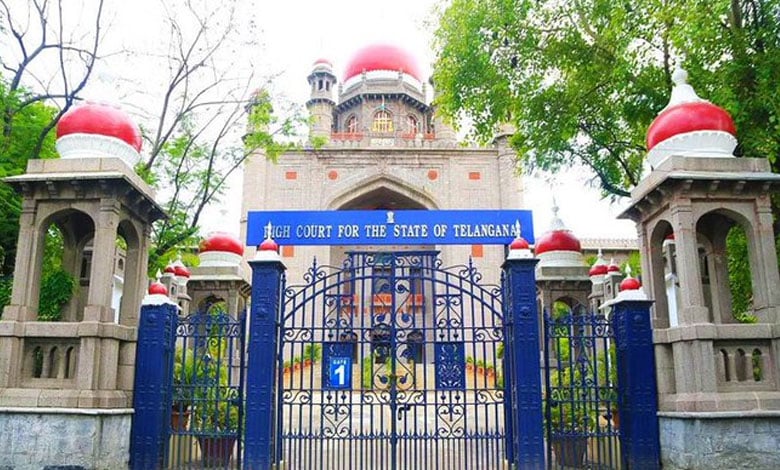Telangana Shock for Contractual Employees: High Court Declares Section 10-A of 1994 Act as Ultra-Vires
In a significant legal setback for thousands of contract employees in Telangana, the state High Court has struck down Government Order (GO) No. 16, which had regularized the services of contract workers in various departments.

Hyderabad:In a significant legal setback for thousands of contract employees in Telangana, the state High Court has declared the Section 10-A of the Telangana (Regulation of Appointments to Public Services and Rationalization of Staff Pattern and Pay Structure) Act, 1994 as ultra vires and consequently set aside it. However, it stated that contractual employees whose services were already regularized need not to be terminated. Henceforth, the State Government shall fill up the posts in accordance with law, not by regularizing the services of contractual employees.
Table of Contents
High Court Decision on GO No. 16
The Telangana High Court, in its Tuesday’s judgment, observed that we are not inclined to disturb the appointments after laps of several years, however it stated “we are totally disapproving the method adopted by the state in appointing unofficial respondents on contractual basis against the public policy and regularizing them in the teeth of section 10-A which is held to be unconstitutional.
The High Court observed that even if the relief would have been claimed to strike down the illegal regularizing orders, we would not have set aside those orders for the simple reason that it’ll caused serious hardship to such contractual employees.
Also Read: BRS files complaint with ED against company linked to Telangana CM’s relative
The controversial GO No.16 which deals with the Regularization of contractual employees had been issued by the previous government to regularize contract employees, including teachers, health workers, and staff in various government departments. The decision was aimed at offering job security and benefits to those working on temporary contracts for several years.
Impact on Contractual Employees
Following the orders of the Telangana High Court, the contractual employees whose services had not yet been regularized will not be regularized in the future. These employees had hoped that regularization would provide them with job security, pensions, and other benefits associated with permanent government jobs.
Reactions to the Court’s Ruling
The High Court’s decision has drawn mixed reactions. While government officials have defended the ruling as being in line with constitutional provisions, the employees affected by this decision are deeply disappointed. Many contract employees have voiced concerns about their future employment status, as they may now continue working without the benefits of permanent positions.
Representatives of the affected employees have expressed frustration over the court’s judgment. They have demanded that the government reconsider the status of these employees and find a way to address their grievances. Several workers have also hinted at staging protests or legal action to challenge the court’s decision.
Political Implications
The ruling has also raised political debates in Telangana. Opposition parties have criticized the ruling as an attempt to undo the welfare measures introduced by the previous government. The controversy around GO No. 16 and its subsequent rejection by the High Court could become a point of contention in the upcoming elections, with contract employees and unions rallying against the decision.
What’s Next for Contract Employees?
The future of contract employees in Telangana now hangs in the balance. The government may be forced to come up with a revised policy on contract employment, taking into account the legal concerns raised by the court. However, with the High Court’s verdict being clear, it remains to be seen how the state government will respond to the challenge of ensuring job security and fair treatment for contract workers.
For now, contract employees continue to face the uncertainty of their future, with many hoping that the state government will take steps to address the issue or appeal the court’s ruling.
